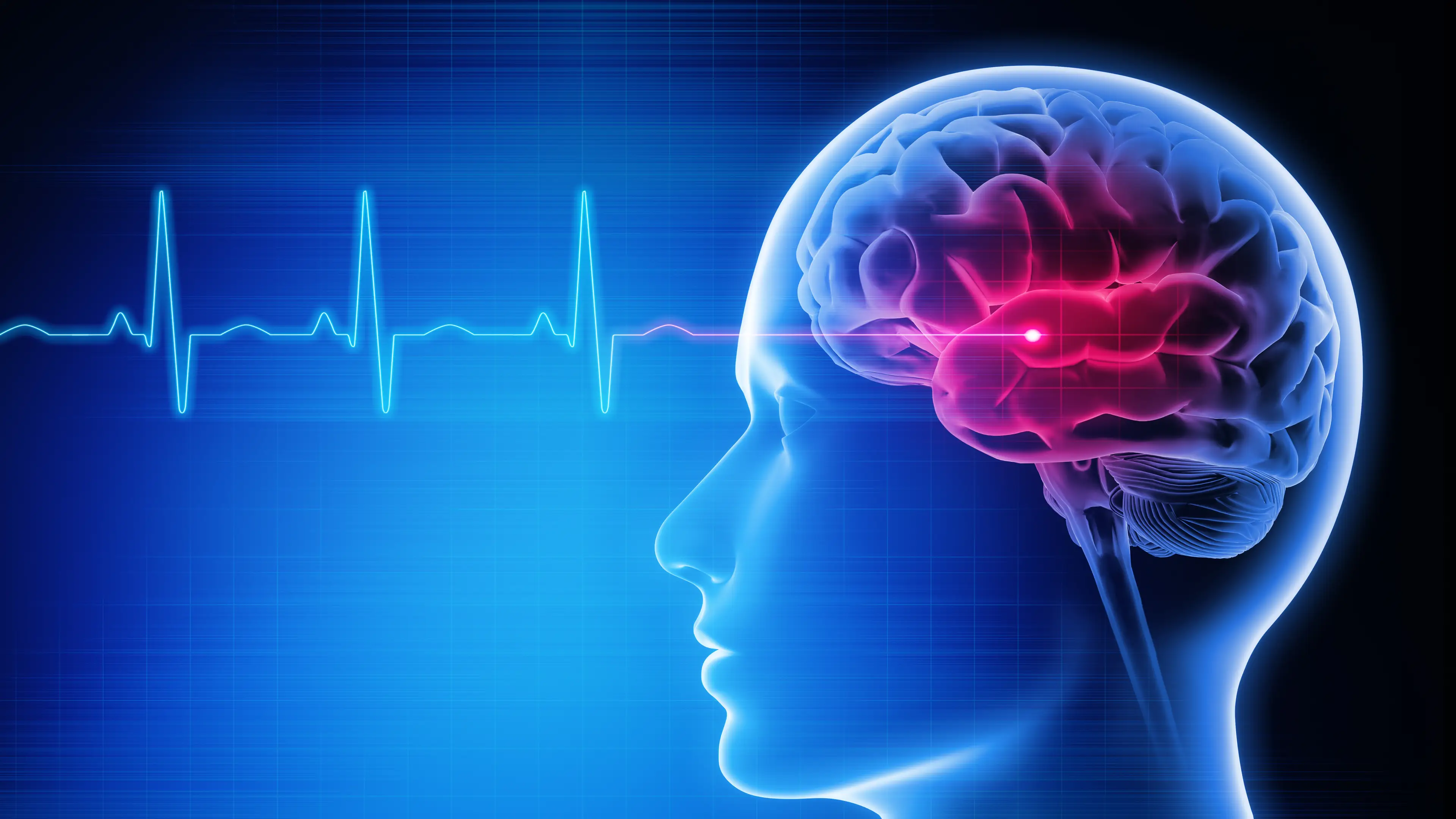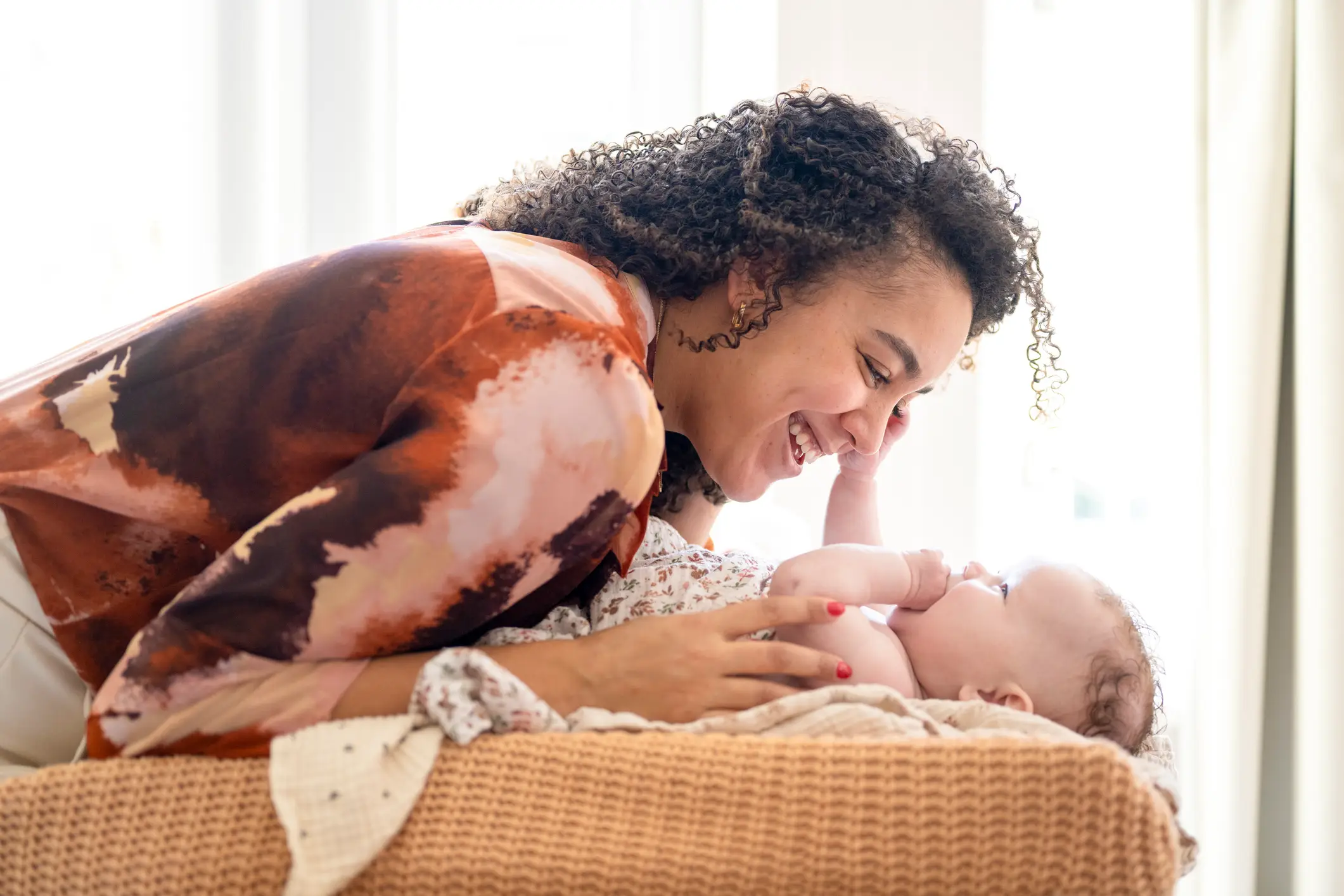
Here is the insanely 'trippy' theory which explains why people suddenly appear to gain consciousness around the age of five.
Cast your mind back as far as it can go, what's the earliest memory you have?
For most of us it'll likely be a bunch of short and relatively hazy recollections from our first years of school, excluding claims from that one professional bulls****er who says they can remember being a newborn.
But how does the development of human consciousness actually work – and why does it feel like our brains suddenly switch on between the ages of four and five?
Advert
The topic was recently discussed in a TikTok video shared by user @itsmattw_01, who explained that a person's consciousness is there from birth, and not something which springs up suddenly during pre-school years.

In fact, numerous studies have revealed that babies as young as five-months-old have shown signs of having consciousness when monitored by researchers in France.
According to the results of the study (via Science), which measured how the brain responds to external stimuli, children as young as one showed similar swings in electrical activity, referred to as event-related potentials (ERPs), to that of adults.
Meanwhile, children as young as five-months-old showed ERP activity, however, this was slower.
So, now we know that our brains are ticking - albeit at a slower pace - pretty much from birth, with research published in Trends in Cognitive Sciences arguing that consciousness could even develop as early as the third trimester of pregnancy.
Meanwhile, researchers from the University of Birmingham reveal actions such as pointing, intentional control and explicit memory being 'pointers' that a person has gained consciousness.
So, why does it feel like we become a person around the age of five?
In the above TikTok post, Matt says this sensation is due to your brain gaining memories and experiences as you get older, which then helps your brain develop.
This is somewhat backed up by the University of Birmingham's Dr Henry Taylor, who noted that 'some markers only emerge at around 3-4 years', while Professor Andrew Bremner added that consciousness markers may very well develop in stages as we age.
"It may be that some markers emerge in one cluster in early development, with others in a later cluster," he said.
"As well as this there may be a continuous and gradual emergence of certain markers stretching over gestation and throughout early life."
The argument that our brain's develop and process more memories as we age is also useful when understanding why life feels like it 'speeds up' as we get older, as we're able to measure time with more memories. Explaining why this happens, Matt added: "That's because your mind is processing much more memories, feeling and emotion now."